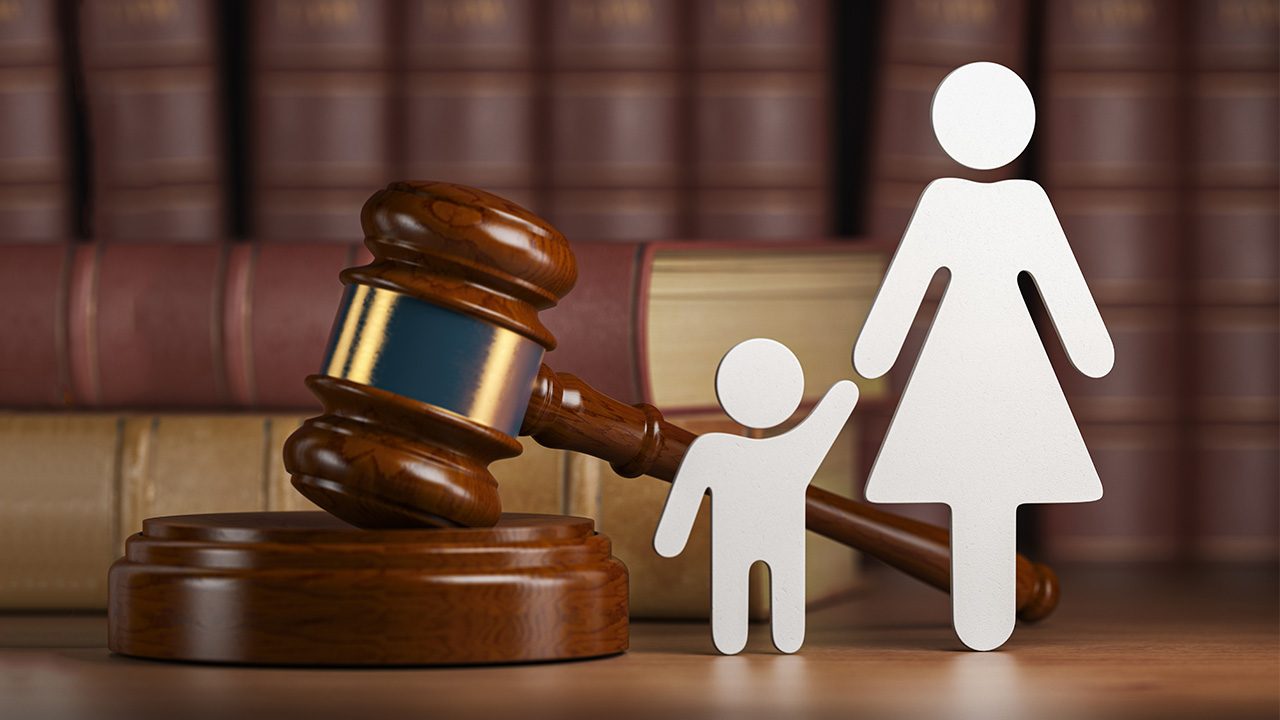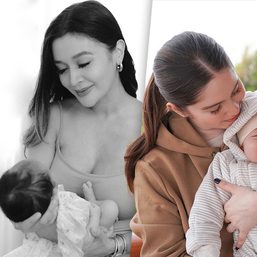SUMMARY
This is AI generated summarization, which may have errors. For context, always refer to the full article.

The Supreme Court has granted a child’s petition to bear his mother’s surname, ruling that the Philippine Civil Code did not say that a father’s surname must be exclusively used by children.
Article 364 of the Civil Code says “legitimate and legitimated children shall principally use the surname of the father.”
“Principally does not mean exclusively. This gives ample room to incorporate into Article 364 the State policy of ensuring the fundamental equality of women and men before the law, and no discernible reason to ignore it,” said a 15-page ruling by the Third Division, penned by Associate Justice Marvic Leonen. Associate Justices Ramon Paul Hernando, Edgardo Delos Santos, and Ricardo Rosario concurred.
In granting the petition, the Supreme Court relied on the Convention on the Elimination of All Forms of Discrimination Against Women, which the Philippines is signatory to, and Section 14, Article II of the Constitution ensuring “fundamental equality before the law of women and men.”
The petition was filed by Anacleto Alanis III, who wanted to use the name Anacleto Ballaho, reflecting the surname of his mother who “single-handedly raise him.” Anacleto’s parents separated when he was 5 years old. Anacleto had always used Ballaho in local records, including his schools.
The regional trial court in Zamboanga denied his petition based on Article 364. The trial court also said changing his surname would just create more confusion.
His appeals did not succeed as they were filed out of time, due to his lawyer getting shot in a separate incident and failing to personally attend to the cases assigned to him by the firm.
The Supreme Court said that the firm should have been more diligent, but applied the principle of equity in taking recognition of the case and deciding it on merits.
The Supreme Court based its decision on a 1980 ruling that granted a child’s petition to bear the surname of the uncle who raised her. The 1980 ruling said Article 364 only said principally but not exclusively.
“If a surname is significant for identifying a person’s ancestry, interpreting the laws to mean that a marital child’s surname must identify only the paternal line renders the mother and her family invisible,” said the ruling.
“This, in turn, entrenches the patriarchy and with it, antiquated gender roles: the father, as dominant, in public; and the mother, as a supporter, in private,” the ruling added.
The Supreme Court has been taking on cases that challenge conservative family laws. It tackled in oral arguments the petition of an “illegitimate” child claiming inheritance rights, and whether psychological incapacity is a valid ground for annulment of marriage. Both cases are still pending. – Rappler.com
Add a comment
How does this make you feel?
![[OPINION] Development in the delay: Reflections on being a new mother](https://www.rappler.com/tachyon/2024/02/development-in-the-delay-february-12-2024.jpg?resize=257%2C257&crop=438px%2C0px%2C1080px%2C1080px)


![[OPINION] Mom in the mirror: A reflection on my new mom bod](https://www.rappler.com/tachyon/2023/04/mom-bod-april-6-2023-1.jpg?resize=257%2C257&crop=380px%2C0px%2C1080px%2C1080px)





![[Two Pronged] My daughter wants to go to UP, but my husband insists on a ‘good Catholic school’](https://www.rappler.com/tachyon/2024/02/two-pronged-university-issue.jpg?resize=257%2C257&crop=375px%2C0px%2C1080px%2C1080px)
There are no comments yet. Add your comment to start the conversation.